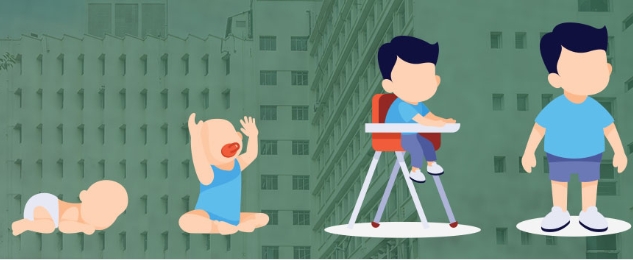
Immunization is one of the most effective ways to protect children from serious and potentially life-threatening diseases. By ensuring that children receive their vaccinations on time, we can safeguard their health and contribute to the overall well-being of our communities. Let’s explore the significance of paediatric immunization and its benefits.
Understanding Paediatric Immunization
Paediatric immunization involves administering vaccines to children to protect them from various infectious diseases. Vaccines work by stimulating the immune system to produce antibodies, which help the body recognize and fight off specific pathogens. This process not only protects the vaccinated child but also helps prevent the spread of diseases within the community.
Key Benefits of Immunization
- Disease Prevention: Vaccines protect children from a range of serious diseases, including measles, mumps, rubella, polio, and whooping cough. By preventing these illnesses, immunization reduces the risk of complications and long-term health issues.
- Community Immunity: When a significant portion of the population is vaccinated, it creates herd immunity. This means that even those who cannot be vaccinated, such as infants and individuals with certain medical conditions, are protected because the spread of disease is minimized.
- Cost-Effective: Immunization is a cost-effective public health intervention. It reduces healthcare costs by preventing diseases that would otherwise require expensive treatments and hospitalizations.
- Global Health Impact: Vaccination programs have led to the eradication or significant reduction of many diseases worldwide. For example, smallpox has been eradicated, and polio is on the verge of being eliminated.
Common Vaccines for Children
- Hepatitis B: Protects against hepatitis B virus, which can cause liver disease.
- DTaP: Protects against diphtheria, tetanus, and pertussis (whooping cough).
- MMR: Protects against measles, mumps, and rubella.
- Polio: Protects against poliovirus, which can cause paralysis.
- Hib: Protects against Haemophilus influenzae type b, which can cause meningitis and pneumonia.
- Varicella: Protects against chickenpox.
- HPV: Protects against human papillomavirus, which can cause cervical cancer and other cancers.
The Immunization Schedule
Following the recommended immunization schedule is crucial for ensuring that children receive their vaccines at the appropriate times. The schedule is designed to provide immunity early in life, before children are exposed to potentially life-threatening diseases. Parents and caregivers should consult with their healthcare providers to stay up-to-date with their child’s vaccinations.
Addressing Vaccine Hesitancy
Despite the proven benefits of vaccines, some parents may have concerns or misconceptions about immunization. It’s important to address these concerns with accurate information and reassurance. Healthcare providers play a key role in educating parents about the safety and efficacy of vaccines, as well as the risks of not vaccinating.
Conclusion
Paediatric immunization is a cornerstone of public health, protecting children from serious diseases and contributing to the overall health of our communities. By ensuring that children receive their vaccinations on time, we can create a healthier future for generations to come. Let’s continue to support and promote immunization efforts to safeguard our children’s health and well-being.


